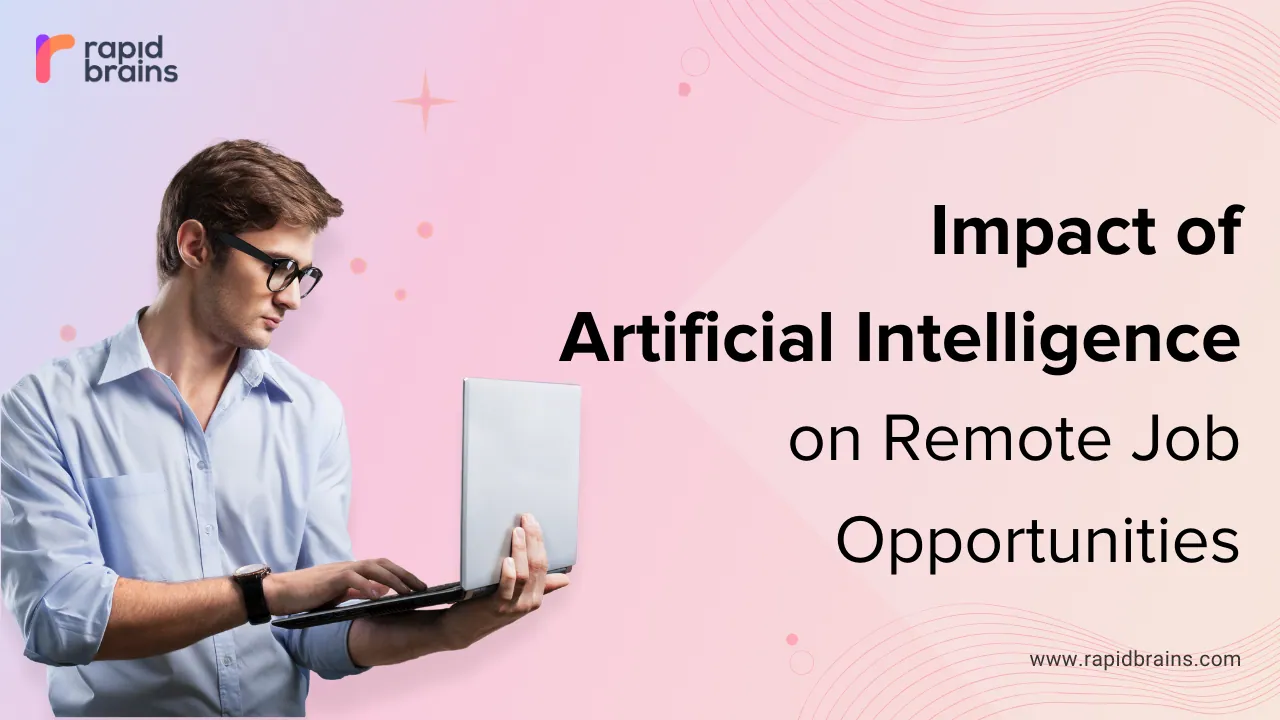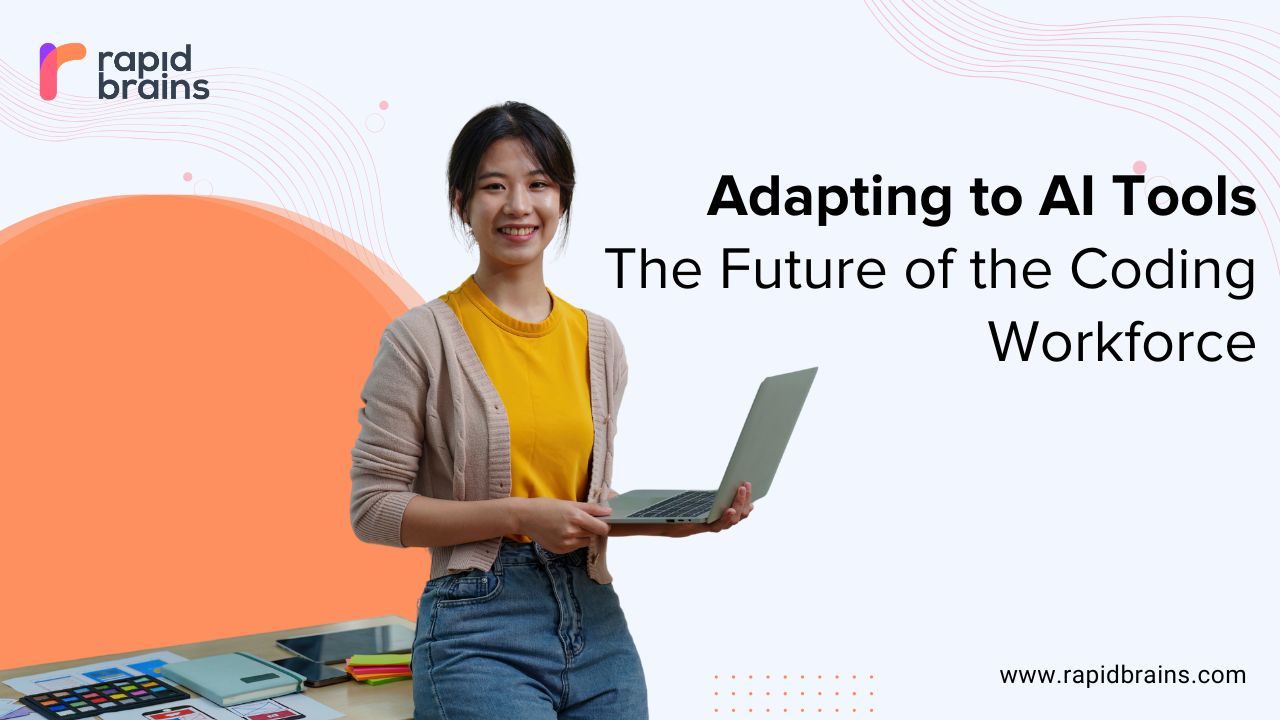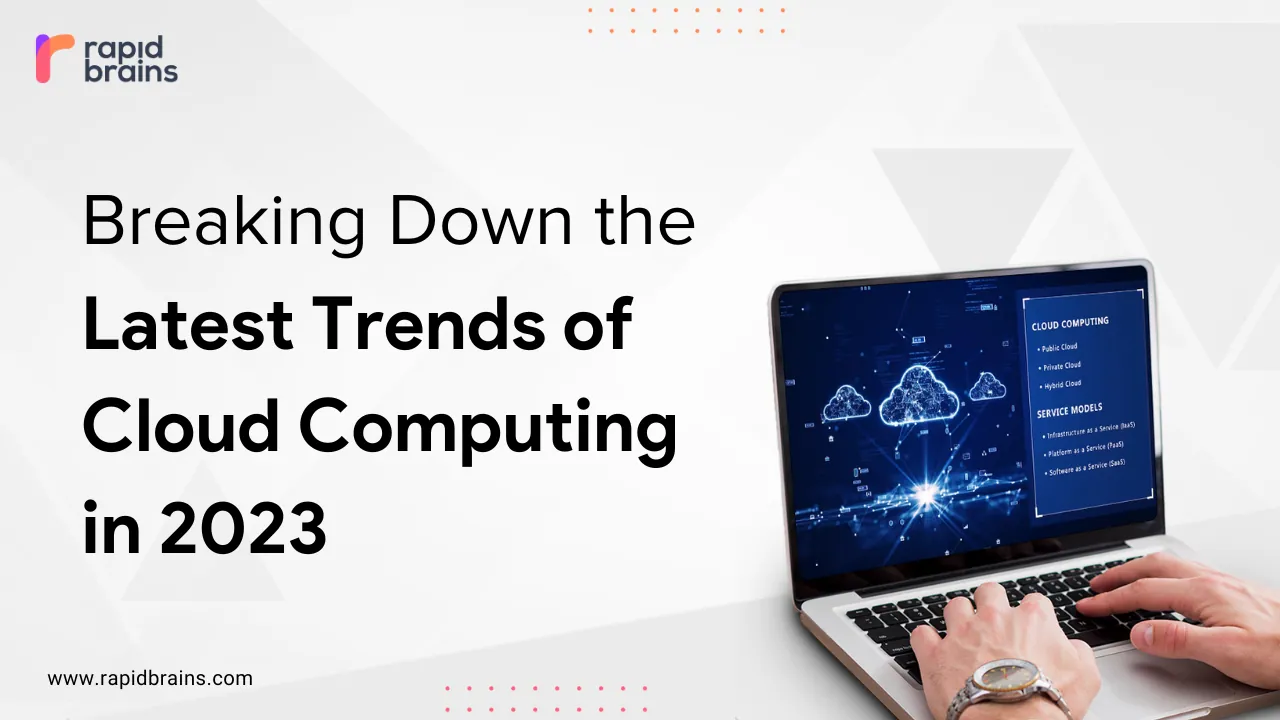
Introduction
Artificial intelligence (AI) is now establishing itself as a dynamic and transformational force, rewriting the very basis of remote employment options in today’s quickly changing remote work landscape. As companies all over the world adopt a remote-first philosophy, artificial intelligence’s broad influence expands and organizes a significant transformation in how we build, lead, and support remote teams. The influence of AI also extends to the complexities of remote talent acquisition, allowing businesses to search across borders for top-tier employees. In the blog that follows, we will begin a thorough investigation of the wide-ranging and varied implications of AI on remote teams, the complexities of remote talent acquisition procedures, and the vast field of remote labor.
Improving Communication Between Remote Teams
In the era of remote work, organizations must place a high focus on enabling efficient team collaboration. Technologies based on artificial intelligence (AI) have become indispensable partners in overcoming the geographical gaps that separate team members. Leading communication tools like Slack and Microsoft Teams have used AI to automate message classification, easing the process for remote teams to keep things organized and prioritize discussions. These platforms also include sentiment analysis capabilities, giving team leaders the ability to assess the emotional health of their members. This fosters a sense of connection and engagement, even in distant work environments.
Strengthening Remote Hiring through the Integration of Smart AI
Thanks to artificial intelligence (AI), Hiring remote developers has undergone a transformation. With the development of AI-powered Applicant Tracking Systems (ATS), employers now have the capacity to quickly sift through massive applications and identify applicants whose qualifications perfectly match the requirements of open positions. Artificial intelligence (AI)-driven chatbots have entered the market, interacting with prospects, responding to frequently requested inquiries, and even conducting preliminary interviews, freeing up human recruiters’ valuable time to focus on more strategic responsibilities. This increased effectiveness transcends geographic boundaries and speeds up the hiring process while ensuring fairness and consistency in candidate evaluations.
Remote Work Management Powered by AI
Effectively managing remote teams has a distinct set of difficulties, from tracking progress to guaranteeing alignment with project goals. Project management systems powered by AI serve as the ideal remedy in this situation. These innovative applications simplify task distribution while taking into account the availability and skill sets of each individual. Team leaders are better equipped to quickly spot possible bottlenecks and take proactive measures to address them thanks to real-time progress tracking, which keeps projects on schedule. Additionally, the incorporation of predictive analytics into these platforms provides useful insights into the requirements for upcoming projects, raising the bar for proactive decision-making. Remote team leaders now have the capacity to effectively manage and coordinate distributed teams thanks to the combination of artificial intelligence and remote work management.
Skills Assessment and Expertise Development
A commitment to continual skill development is necessary in the world of remote employment. In this context, artificial intelligence (AI) assumes a prominent role by identifying and bridging skill gaps among distant workers. Online learning platforms use AI algorithms to carefully examine each person’s distinct learning styles. Drawing conclusions from this information, they create individualized training content and provide customized recommendations, enabling remote workers to upgrade their skills in a targeted and effective way. In addition to improving individual workers’ competence, this also increases remote teams’ overall productivity and flexibility as a whole. Artificial intelligence’s ripple impacts on remote job opportunities
Remote Healthcare Workforce Evolution
The delivery of remote care has experienced a tremendous shift in the healthcare sector. Healthcare providers can now provide consultations and diagnostics to patients located anywhere in the world thanks to AI-powered telemedicine technologies. Additionally, AI-driven diagnostic technologies provide medical professionals with important assistance, helping them to accurately evaluate medical images and spot potential health risks. This revolutionary change not only broadens the scope of healthcare professionals, enabling them to serve a larger patient population, but also vastly improves the standard of care and accessibility for all patients.
Using AI to Improve Remote Sales and Marketing
Sales and marketing teams are not exempt from the effects of the AI revolution, which has affected every aspect of business. Remote sales professionals now have the tools they need to thrive in the digital age, thanks to AI-powered technologies. The strength of AI lies in its capacity to filter through enormous quantities of customer data and reveal insights about purchasing patterns and preferences. With this information at hand, remote sales teams can create customized strategies that greatly increase the likelihood of successful conversions.
AI-driven automation technologies are in the spotlight in the world of digital marketing, improving ad campaigns to ensure precise targeting and a higher possibility of producing results. These innovations have increased the efficiency of remote marketing and sales activities and opened up interesting new remote career prospects in customer relationship management, digital marketing strategy, and sales analytics.
Conclusion
In conclusion, there are many different types of remote job opportunities, and artificial intelligence has a broad and varied impact on them. It has improved remote work management, streamlined the hiring process, changed the way remote team collaboration is done, enabled skill development, raised the bar for healthcare services, and maximized sales and marketing initiatives. AI maintains its critical position as an enabler as the field of remote work develops, providing opportunities for people to contribute from any location, collaborate with international teams, and flourish at a time when remote work is valued. Accepting AI in the context of remote work is more than simply a personal preference; it’s a strategic advantage that opens the door to a dynamic and flexible workplace of the future, where distance between job sites won’t be a barrier to success.




